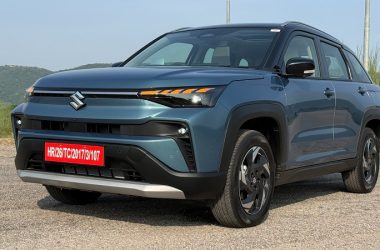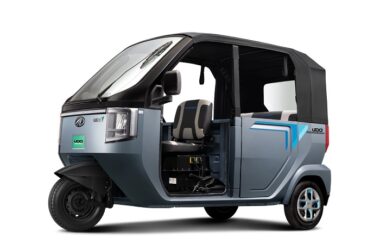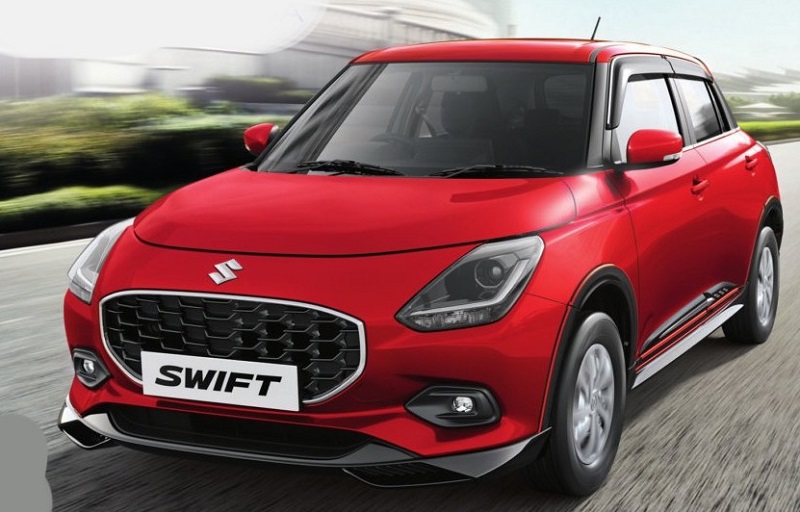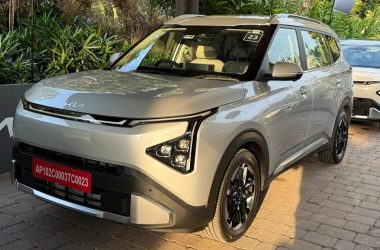The Indian car market in 2024 stands as a dynamic and rapidly evolving industry, driven by robust economic growth, shifting consumer preferences, and a surge in technological advancements. With its status as one of the largest automotive markets globally, India has become a pivotal arena for both domestic and international car manufacturers aiming to capitalize on its diverse customer base and burgeoning demand for innovative vehicles.
Market Trends
- Electric Vehicle (EV) Revolution: The EV segment continues its upward trajectory, bolstered by government incentives, infrastructure development, and heightened environmental awareness among consumers. With the Faster Adoption and Manufacturing of Hybrid and Electric Vehicles (FAME) initiative in full swing, several manufacturers, including Tata Motors, Mahindra, and international players like MG Motor, have ramped up their EV offerings.
- Affordable Compact Cars: Compact and sub-compact cars remain a dominant choice for Indian consumers. Brands like Maruti Suzuki, Hyundai, and Tata have expanded their portfolios with fuel-efficient, feature-rich models that cater to the urban and semi-urban populace.
- SUV Boom: Sports Utility Vehicles (SUVs) continue to gain traction, with consumers favoring their robust design and versatile functionality. 2024 has seen an influx of mid-size and compact SUVs, with models like the Maruti Suzuki Grand Vitara and Hyundai Creta leading the charge.
Technological Innovations
- Connected Cars: The integration of Internet of Things (IoT) technology has revolutionized the driving experience. Features such as real-time navigation, voice assistants, and remote vehicle management have become standard in premium and mid-range models.
- Advanced Driver Assistance Systems (ADAS): Safety features like adaptive cruise control, lane-keeping assistance, and automatic emergency braking are now being incorporated into mainstream models, reflecting a growing emphasis on road safety.
- Alternative Fuels: Besides electric, CNG and hybrid vehicles are witnessing increased adoption, providing consumers with more eco-friendly and cost-efficient options.
Challenges and Opportunities
Despite its impressive growth, the Indian car market faces challenges such as supply chain disruptions, fluctuating fuel prices, and stringent emission norms. However, these hurdles also present opportunities for innovation. Companies are exploring localized production to mitigate supply issues and investing heavily in R&D to develop cleaner, more efficient vehicles.
Key Players
- Domestic Giants: Maruti Suzuki continues to dominate the market with its extensive dealer network and affordable offerings. Tata Motors is also making significant strides, particularly in the EV segment.
- Global Entrants: International brands like Toyota, Kia, Skoda and Volkswagen are increasingly tailoring their products to suit Indian preferences, ensuring a competitive landscape.
Government Policies and Industry Outlook
The Indian government’s policies, such as the National Electric Mobility Mission Plan (NEMMP) and the push for ethanol-blended fuels, are shaping a sustainable automotive future. Industry experts predict a compound annual growth rate (CAGR) of over 8% for the sector through 2030, driven by the steady rise of middle-class consumers and infrastructure development.
The Indian car market in 2024 exemplifies a blend of challenges and opportunities, underscored by innovation and resilience. As manufacturers and policymakers align their efforts, the future of mobility in India promises to be more sustainable, technologically advanced, and consumer-centric.








